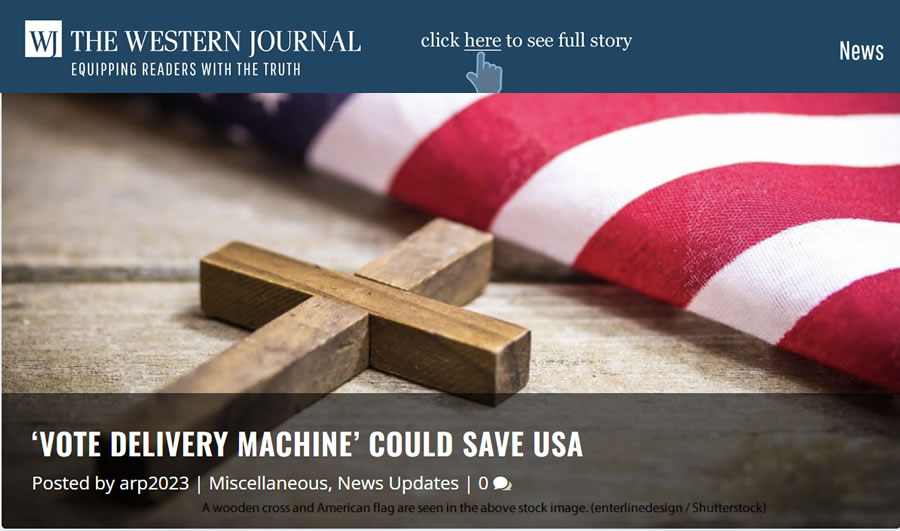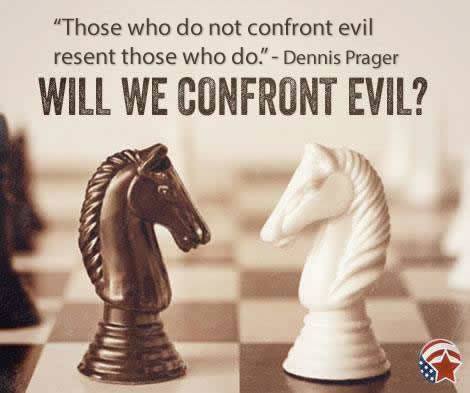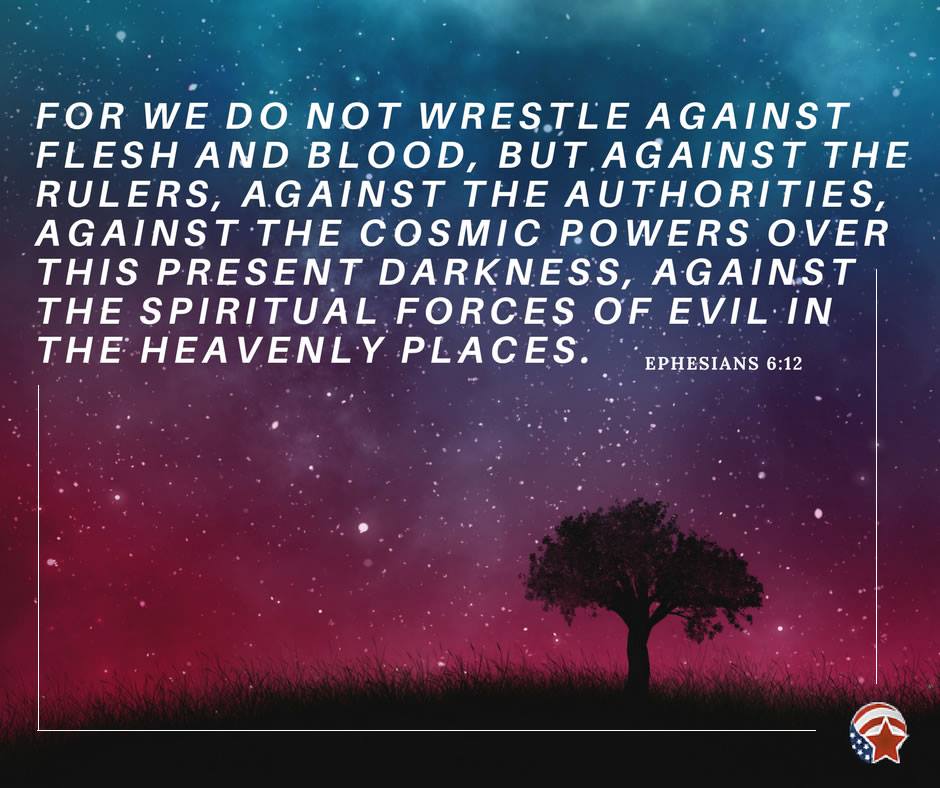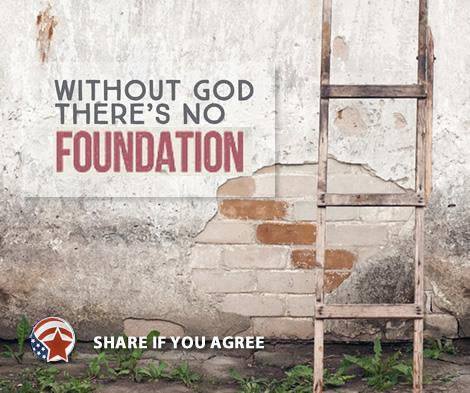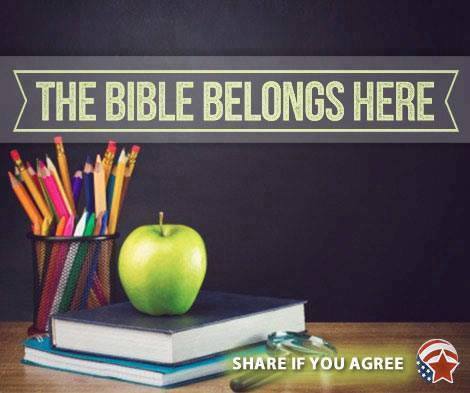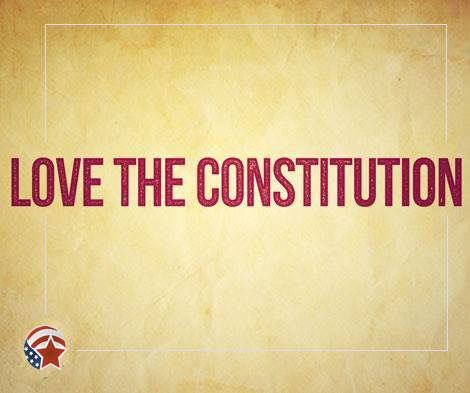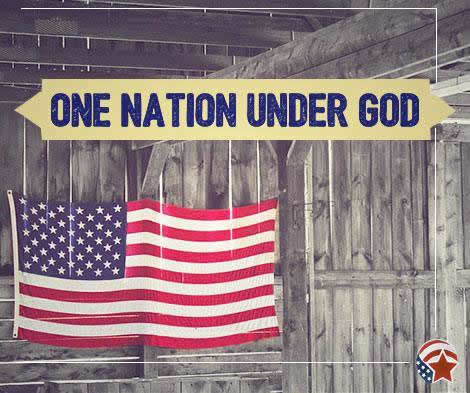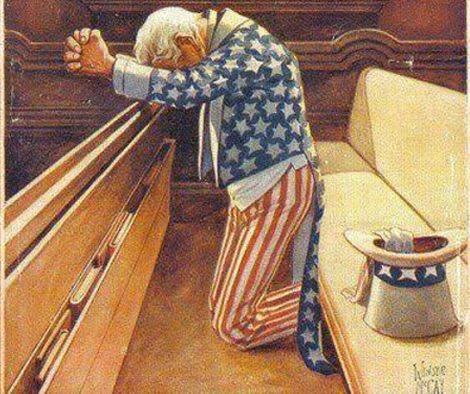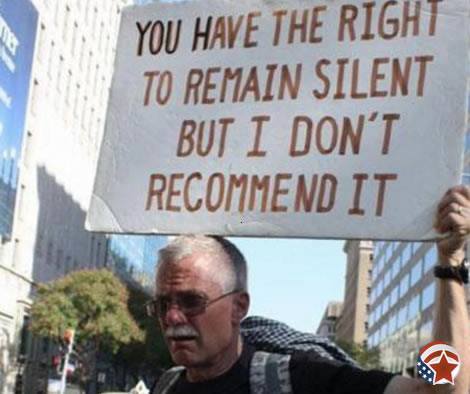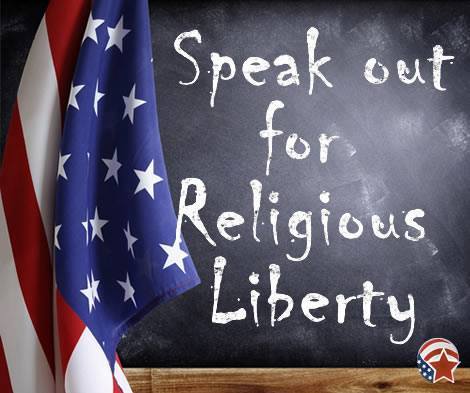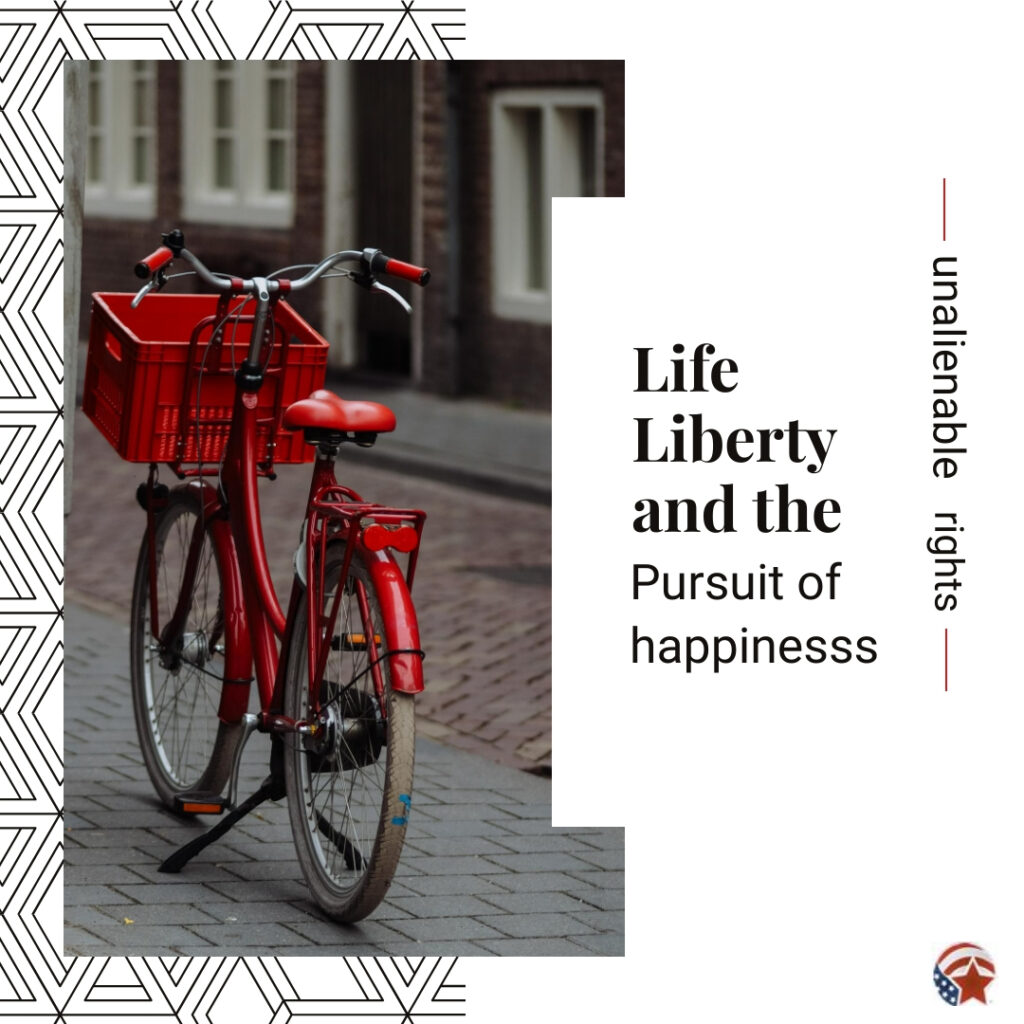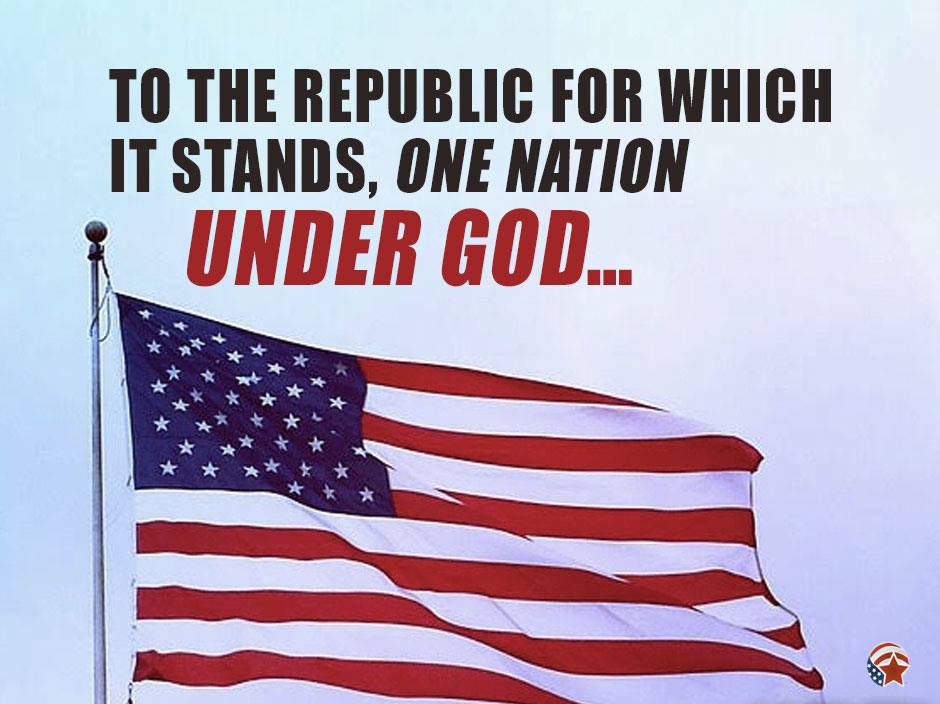Are Americans becoming more religious or more secular? Thanks to the Pew Research Center, that ongoing question receives a fresh influx of survey-derived data from which to draw conclusions.
Rachel Zell of Association press reported today Pew’s latest findings:
A survey released Tuesday brought some good news for faith leaders alarmed by the spike in the number of Americans who say they have no ties to a particular religion.
U.S. adults who continue to identify with a faith group, about 77 percent of all Americans, have largely stayed as religiously engaged as they were seven years ago, according to the Pew Research Center, evidence of a solid core of committed faithful who remain a bulwark against secularization.
Two- thirds of religiously affiliated adults said last year that faith was very important to them and they prayed daily, nearly unchanged from 2007, the last time Pew conducted its U>S. Religious Landscape Study. About 6-in-10 said they attend worship services at least once or twice a month, a rate similar to years before, and nearly all said they believed in God, although the study found a slight dip in the percentage who said so with absolute certainty.
By other measures, the religiously affiliated are more devoted than they were years before. A higher percentage say they regularly read scriptures, participate in small prayer or study groups and share their faith with others. Forty-six percent said they believe their faith tradition should “preserve traditional beliefs and practices” in the face of changes in modern society, up slightly from seven years ago.
Okay, so what about evangelical? Though that word has become broader it its definition with each passing year, the Pew data reveals the following;
At the same time, the report founder growing strength among evangelicals. The overall number of evangelical rose to 62 million people, or a quarter of the population, and evangelicals were the only major Christian group between 2007 and 2014 to gain more.
And, what about the important political implications? What does the religious- demographic data tell us about the national political parties?
Regarding politics, the study found a widening religion split between the major political parties. People with no religious ties are now the largest group of Democratic Party members and those who lean Democratic, comprising 28 percent of the coalition, compared to 19 percent in 2007. The trend raises challenges for Democrats. Sixty-two percent of “nones” said they were “absolutely certain” they were registered to vote, compared to 71 percent of people who identified with a religion. Evangelicals remain the largest religious group in the GOP and for those who lean Republican, making up 38 percent of GOP supporters.
Article also available at: http://bit.ly/1WHaynz


